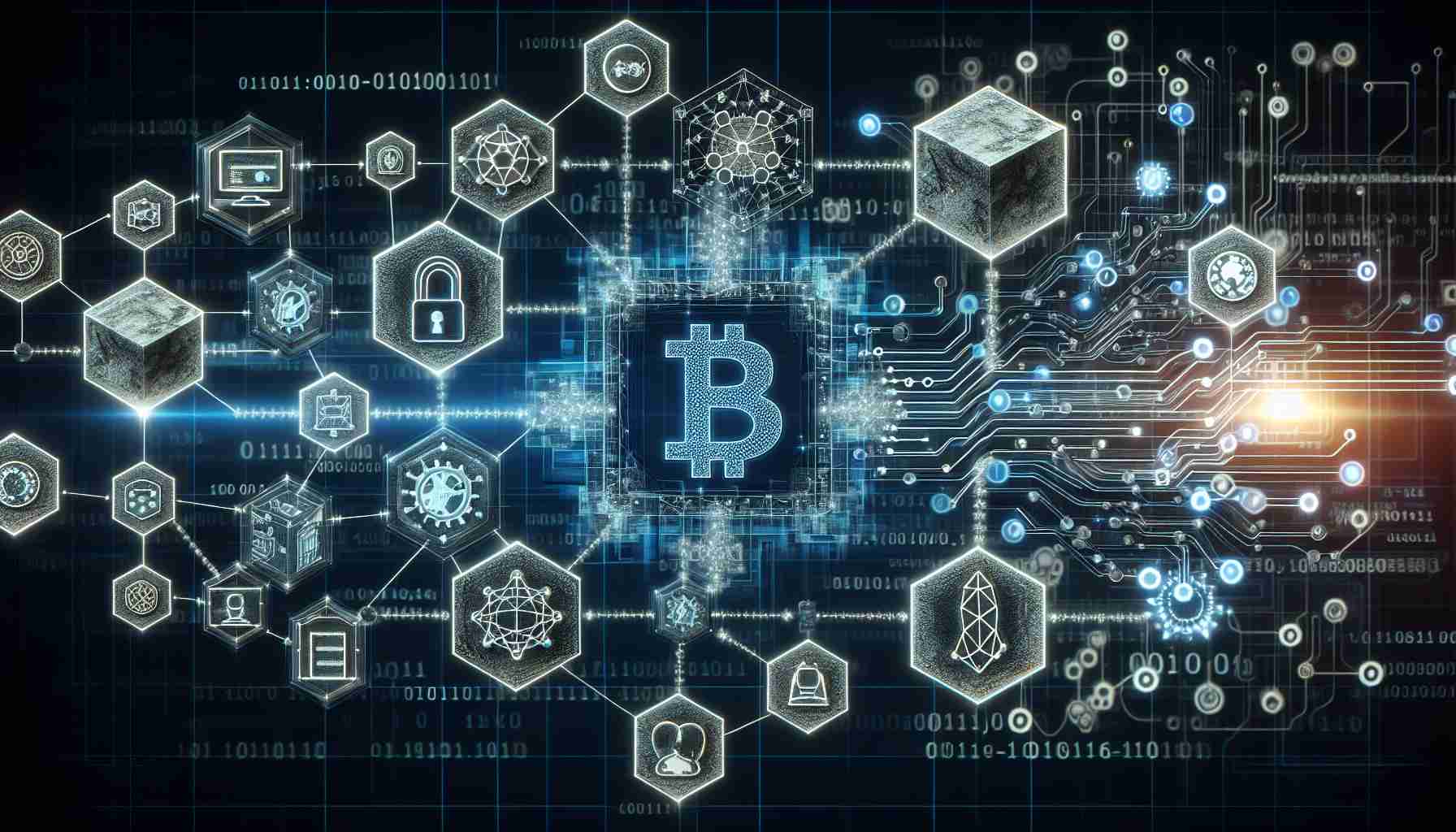Artificial intelligence (AI) is undoubtedly revolutionizing countless industries, but its success heavily relies on the quality and fairness of the data it relies upon. This is where blockchain technology comes in as a powerful ally, acting as a formidable guardian of data integrity and ethics.
Imagine a secret diary that meticulously records every single action, but in a way that remains immutable and untampered. Blockchain offers exactly that – a transparent and unchangeable ledger that ensures the trustworthiness of data. It allows us to trace the origins of data and assess how it has been handled, creating an ecosystem of verifiable information.
To understand the role of blockchain in ensuring data integrity, let’s draw a parallel to the culinary world. Think about your favorite recipe that you love to share with friends. Wouldn’t you want it to taste exactly the same every time it’s prepared? Blockchain provides the same consistency, preserving your recipe exactly as you created it, safeguarding it from any alterations.
Not only does blockchain guarantee the integrity of data, but it also acts as a catalyst for AI’s growth and development. It functions as an expansive library, brimming with diverse knowledge and experiences, enabling AI to learn from a multitude of sources. The variety offered by blockchain empowers AI to become smarter and more insightful.
Furthermore, blockchain serves as a fair and unbiased referee in the realm of AI. By establishing an environment of trust and rule-abiding behavior, it ensures that all participants adhere to principles of fair play while protecting privacy, security, and individual rights. This paves the way for responsible and ethical AI practices.
However, the partnership between blockchain and AI does come with challenges. Effective collaboration and resource allocation are essential to ensure the harmonious operation of both processes without excessive energy consumption. By addressing these hurdles, blockchain and AI can unlock groundbreaking innovations and shape a better future.
In a world where data plays an increasingly pivotal role, the integrity and fairness of information become crucial. Blockchain emerges as the guardian of trust, ensuring that AI thrives on a foundation of reliable and ethical data. This dynamic duo has the potential to revolutionize industries, enrich lives, and chart a path towards a more advanced and equitable society. By embracing their synergy, we can unleash the full power of technology to create a brighter future for all.
Frequently Asked Questions:
1. What is the role of blockchain technology in ensuring data integrity?
Blockchain technology acts as a transparent and unchangeable ledger that preserves the trustworthiness of data. It allows for tracing the origins of data and assesses how it has been handled, creating an ecosystem of verifiable information.
2. How does blockchain maintain data consistency?
Blockchain ensures data consistency by preserving information exactly as it was created. Similar to a favorite recipe that tastes the same every time it’s prepared, blockchain guarantees the integrity of data, safeguarding it from alterations.
3. How does blockchain contribute to the growth and development of AI?
Blockchain functions as a vast library of diverse knowledge and experiences, enabling AI to learn from multiple sources. The variety offered by blockchain empowers AI to become smarter and more insightful.
4. How does blockchain ensure fairness and privacy in AI?
Blockchain establishes an environment of trust and rule-abiding behavior, serving as a fair and unbiased referee in the realm of AI. It ensures that all participants adhere to principles of fair play while protecting privacy, security, and individual rights.
5. What challenges arise from the partnership between blockchain and AI?
The partnership between blockchain and AI faces challenges such as effective collaboration and resource allocation to ensure harmonious operation without excessive energy consumption. Addressing these hurdles is crucial to unlock groundbreaking innovations.
Key Terms:
– Artificial Intelligence (AI): The simulation of human intelligence in machines that are programmed to think and learn.
– Blockchain: A decentralized and transparent digital ledger that records transactions across multiple computers or nodes.
– Data Integrity: The accuracy, consistency, and reliability of data over its entire life cycle.
– Ethical AI: The practice of developing artificial intelligence systems that operate with fairness, accountability, transparency, and respect for individual rights.
– Trustworthiness: The quality of being reliable, credible, and deserving of trust.
Related Links:
– IBM Blockchain
– Microsoft AI and Blockchain
– Coindesk – Blockchain Technology
[embedded content]

